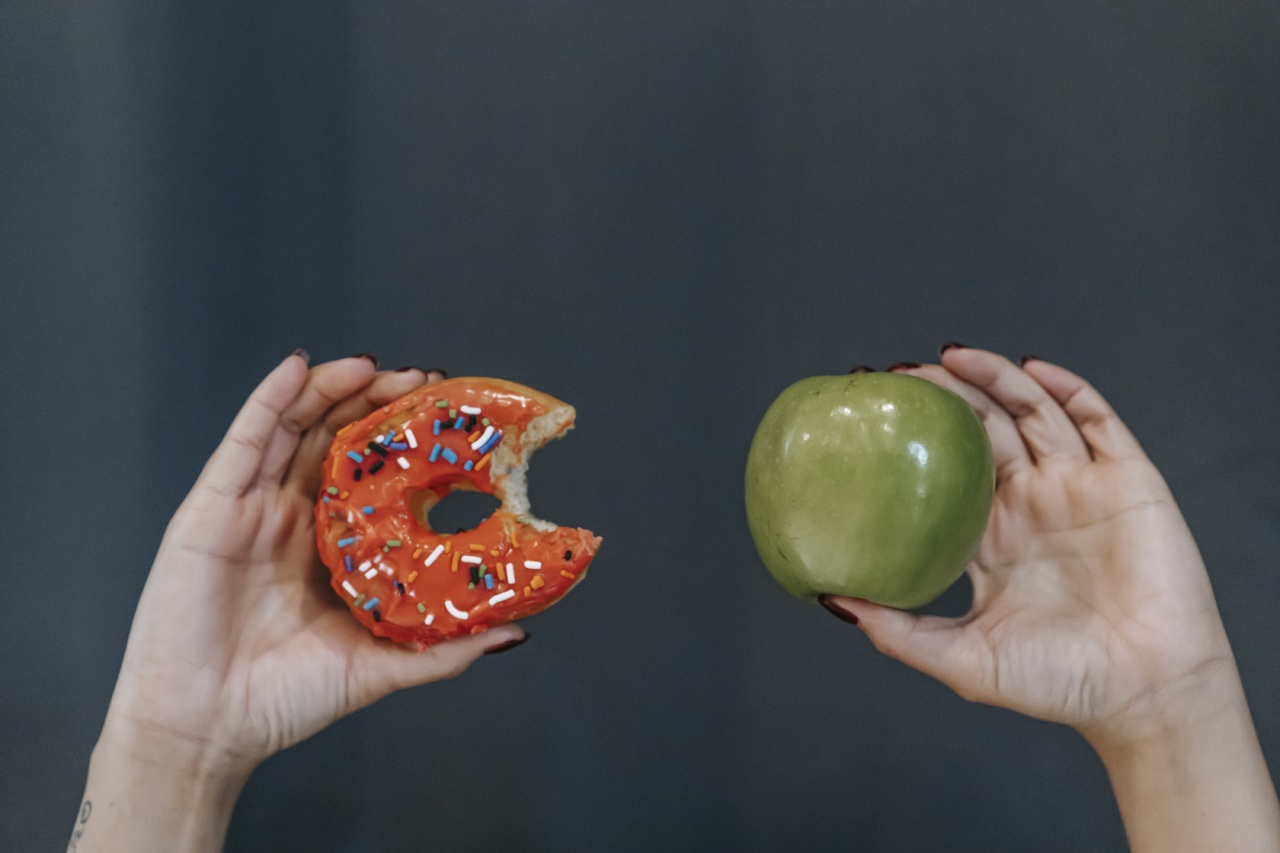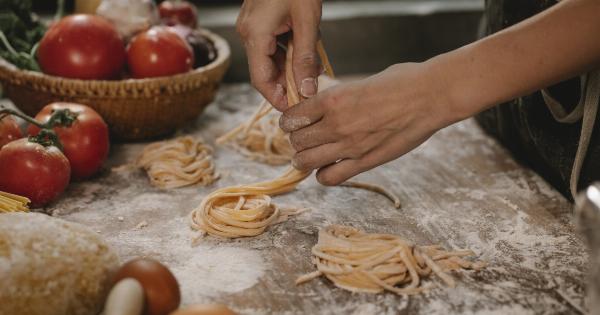Mosquitoes can be a real nuisance, especially during the warmer months. Apart from their buzzing and irritating bites, mosquitoes are also known to carry diseases like Zika, dengue, and malaria.
While there are various ways to repel mosquitoes, did you know that some foods can also attract these pesky insects? In this article, we will discuss the foods you should avoid to reduce your chances of getting mosquito bites.
1. Bananas
As much as we love bananas for their taste and nutritional value, they are one of the leading culprits when it comes to attracting mosquitoes. These tiny insects are attracted to the odor released by bananas as they ripen.
They are particularly drawn to the chemical compound called isoamyl acetate, which is released in higher quantities as the banana ripens further. To minimize your mosquito encounters, it’s best to consume bananas when they are still green or not fully ripe.
2. Alcohol
Enjoying a refreshing beer or a glass of wine outdoors during warm evenings may be tempting. However, consuming alcohol can make you more attractive to mosquitoes.
When we consume alcohol, it increases our metabolic rate, which leads to an increase in body temperature and the release of ethanol from our sweat glands. Mosquitoes are highly sensitive to heat, moisture, and carbon dioxide, which are all present when we consume alcohol. To avoid being a mosquito magnet, it’s advisable to limit alcohol consumption, especially when spending time outdoors.
3. Sugary Foods
It’s no secret that mosquitoes have a sweet tooth. They are especially attracted to sugary foods and beverages. Consuming high amounts of sugar can lead to an increase in lactic acid production in our bodies, which is known to attract mosquitoes.
Foods like cookies, cakes, candies, and sweetened beverages should be consumed in moderation, especially if you are spending time outdoors or in mosquito-prone areas.
4. Salty Foods
While mosquitoes are primarily attracted to sweet treats, salty foods can also make you more appealing to them. Consuming large amounts of salty foods increases the lactic acid content in our sweat, which attracts mosquitoes.
Snacks like potato chips, salted nuts, and processed foods are best avoided if you want to minimize your chances of mosquito bites.
5. Fermented Foods
Fermented foods like cheese, yogurt, kimchi, and sauerkraut are not only delicious but also great for gut health.
However, the bacteria that are responsible for fermentation release compounds like lactic acid and ammonia, which are known to attract mosquitoes. If you’re planning an outdoor picnic or barbecue, consider minimizing the consumption of fermented foods to keep the mosquitoes at bay.
6. Dairy Products
Mosquitoes are attracted to the odor of lactic acid, which is found in dairy products like milk, cheese, and butter. If you are prone to mosquito bites, it’s best to limit your intake of dairy products, especially during the peak mosquito season.
7. Spicy Foods
Spicy foods may add an extra kick to your meals, but they can also attract mosquitoes.
Spices such as chili powder, garlic, and onions, which are commonly used in spicy dishes, tend to increase body temperature and can make you more attractive to mosquitoes. While you don’t have to completely eliminate spices from your diet, it’s advisable to consume spicy foods in moderation, especially if you are spending time outdoors.
8. High-potassium Foods
Foods that are rich in potassium, such as bananas, avocados, and sweet potatoes, are not only good for our overall health but can also make us more attractive to mosquitoes.
When we consume high amounts of potassium, it gets released through our sweat, which can draw mosquitoes towards us. While it’s important to include potassium-rich foods in our diet, it’s advisable to consume them in moderation, especially during mosquito season.
9. Caffeinated Beverages
Many of us rely on our daily dose of caffeine to get us going.
However, consuming large amounts of caffeinated beverages like coffee, tea, and soda can cause our bodies to produce more heat, carbon dioxide, and release compounds through sweat, which can attract mosquitoes. To reduce the chances of mosquito bites, consider limiting your intake of caffeinated beverages, especially when spending time outdoors.
10. Artificial additives
Foods and drinks that contain artificial additives like flavors and sweeteners can also attract mosquitoes. These additives tend to increase lactic acid production in our bodies, making us more enticing to mosquitoes.
It’s best to opt for natural and unprocessed foods as much as possible to avoid attracting these pesky insects.
While avoiding these foods may help reduce the chances of mosquito bites, it’s important to remember that there are multiple factors that determine an individual’s attractiveness to mosquitoes.
Factors such as genetics, body odor, and even the color of clothes worn can influence mosquito attraction. Using repellant sprays, wearing long sleeves and pants, and eliminating stagnant water sources around your surroundings can also contribute to a mosquito-free environment.





























